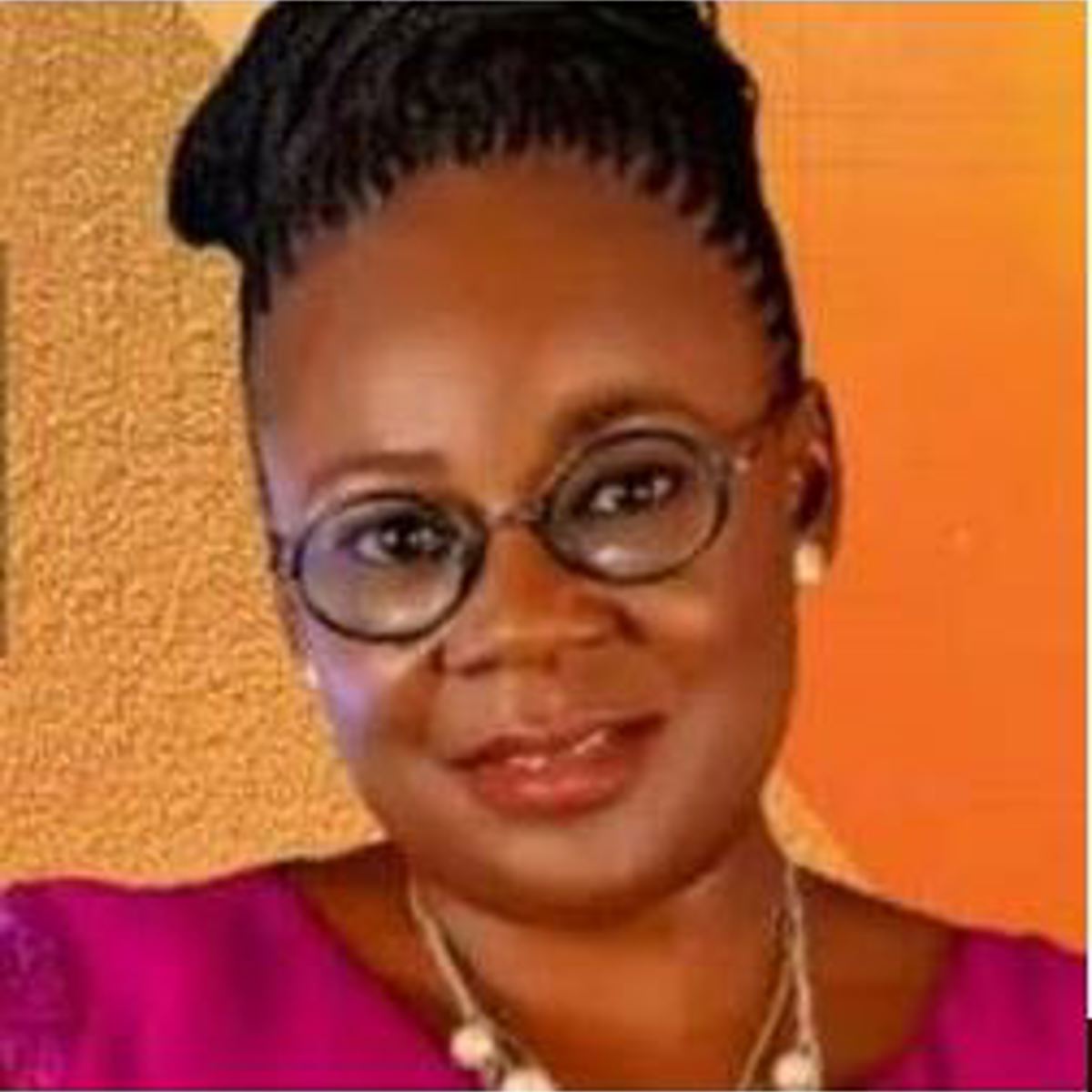
Reflections on the Peer Review of the Commonwealth Curriculum Framework

Folashade Afolabi, PhD
Professor of Science Education, University of Lagos, Nigeria
Professor Afolabi is a member of the ACU’s Roster of Experts.
In an era characterised by complex global challenges such as climate change, inequality, health crises, and digital disruption, the role of education in fostering a more just, sustainable, and resilient world has never been more crucial. It is within this context that I had the privilege of participating in a significant initiative: the peer review of the revised Commonwealth Curriculum Framework (CCF). This collaborative effort, led by the Commonwealth Secretariat, aims to embed the Sustainable Development Goals (SDGs) across all levels of education, from early childhood to lifelong learning.
The revised CCF is more than just a policy document; it is a visionary response to the urgent need for education systems that are inclusive, future-oriented, and globally relevant. It provides a structured yet flexible framework to guide member states in aligning their national curricula with global development priorities, while respecting local contexts and cultural values. What makes this initiative particularly impactful is its comprehensive scope. Instead of focusing solely on formal schooling, the CCF addresses learning throughout the lifecycle, recognising the significance of early childhood development, technical and vocational education, tertiary learning, and adult education.
As a member of the peer review team, I had the unique opportunity to evaluating the revised framework’s coherence, relevance, and applicability. It was an enriching experience that allowed me to draw from both my research background and practical experience in curriculum development. The task went far beyond simply spotting gaps or proposing textual refinements. It was to refine a shared blueprint for educational transformation. In doing so, I considered a range of perspectives, global and local, theoretical and practical, aspirational and implementables, balancing global ideals with local realities, theory with practice, and visionary goals with practical implementation pathways.
One of the most commendable aspects of the revised framework is its domain-based approach, organised around three pillars: Knowledge and Understanding, Skills and Applications, and Values and Attitudes. This triadic structure reflects a deliberate effort to balance content acquisition with the development of critical skills and the nurturing of ethical, empathetic citizens. Such a holistic approach aligns strongly with SDG 4, which calls for "inclusive and equitable quality education and lifelong learning opportunities for all."
During the review, I was particularly drawn to how the CCF operationalises SDG-aligned learning outcomes. For instance, within the "Skills and Applications" domain, the emphasis on digital literacy, problem-solving, and entrepreneurship is directly related to the future of work. Meanwhile, the "Values and Attitudes" domain encourages learners to develop global citizenship, environmental stewardship, and gender sensitivity. Elements that are often underrepresented in traditional curricula but are critical for tackling today's interconnected crises.
Importantly, the peer review process itself embodied the principles that the CCF advocates: collaboration, inclusivity, and critical dialogue. The pertinent questions that I raised are: How can we ensure equity in access to SDG-aligned curricula across urban and rural settings? How can we prevent curriculum overload while still integrating transversal competencies? How can we engage learners as co-creators of their educational journeys, rather than simply recipients of predefined content?
Another essential dimension was localisation. While the CCF provides a universal structure, its success will depend on how effectively it is adapted by member states to meet their unique educational, social, and economic needs. For countries like Nigeria, where I work, aligning national curriculum priorities with the SDGs requires navigating deep structural challenges, including teacher preparedness, funding constraints, and policy continuity. Nevertheless, the framework offers a scaffold that can support progressive reform and meaningful stakeholder engagement.
As a researcher, I found the process both intellectually rewarding and practically inspiring. It highlighted the critical role of research and evidence-based practices in shaping policies that are not only ambitious but also achievable. My recent work on integrating digital tools in low-resource schools and promoting gender-equitable STEM education provided relevant insights on implementation strategies.
The peer review also reaffirmed the importance of cross-sectoral partnerships. Curriculum reform cannot occur in isolation; it must be supported by investments in teacher training, inclusive pedagogy, assessment reform, and digital infrastructure. The CCF wisely acknowledges these linkages and encourages policymakers to adopt a systems-thinking approach.
Looking ahead, the challenge will be to transition from framework to action, ensuring that the revised CCF inspires tangible changes in classrooms, training institutions, and lifelong learning programmes. I am hopeful that with continued collaboration, mutual accountability, and sustained advocacy, this vision can be realised.
In conclusion, participating in the peer review of the revised Commonwealth Curriculum Framework has been an enlightening experience, underscoring the essential role of education in shaping a sustainable future.
